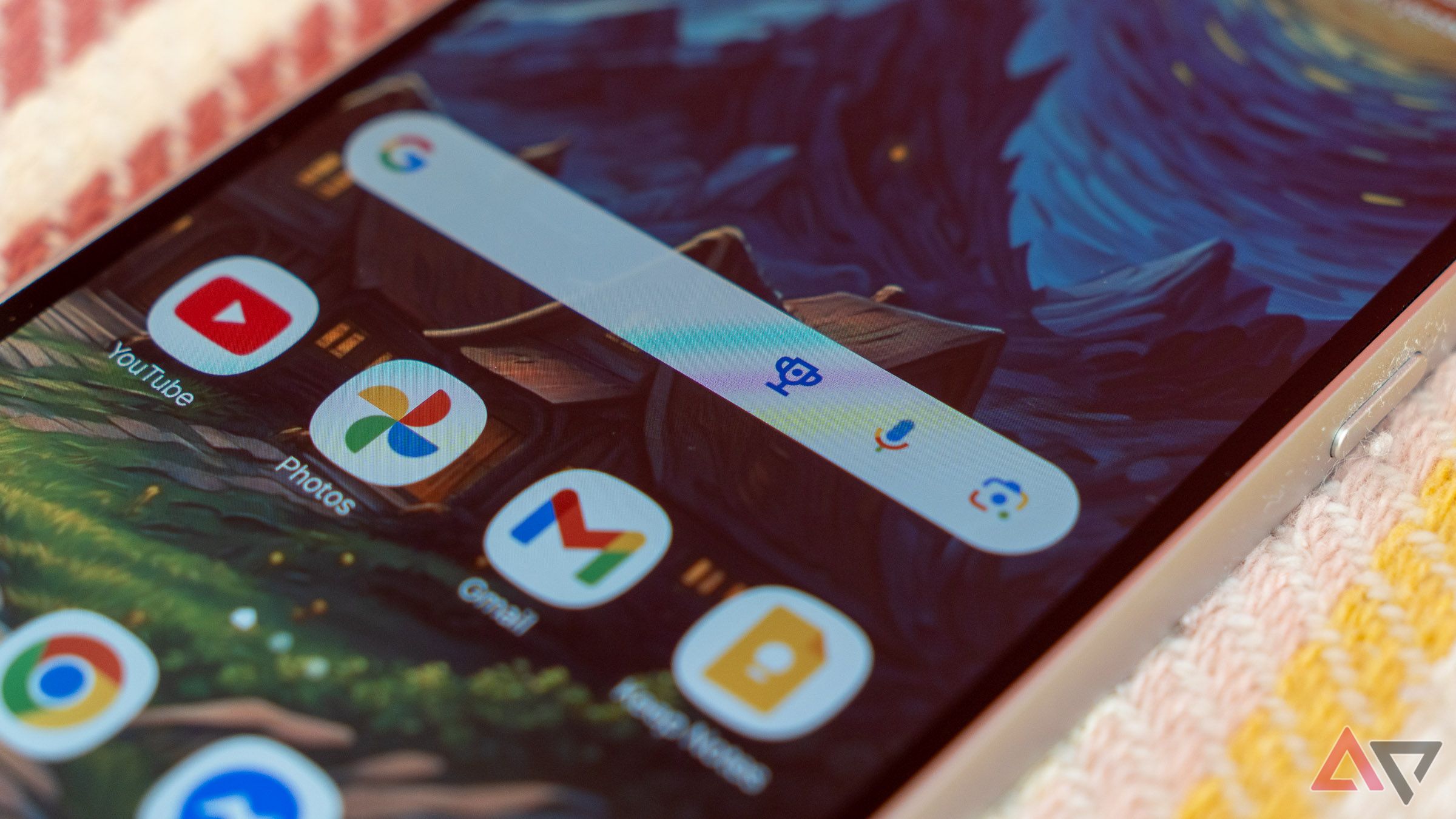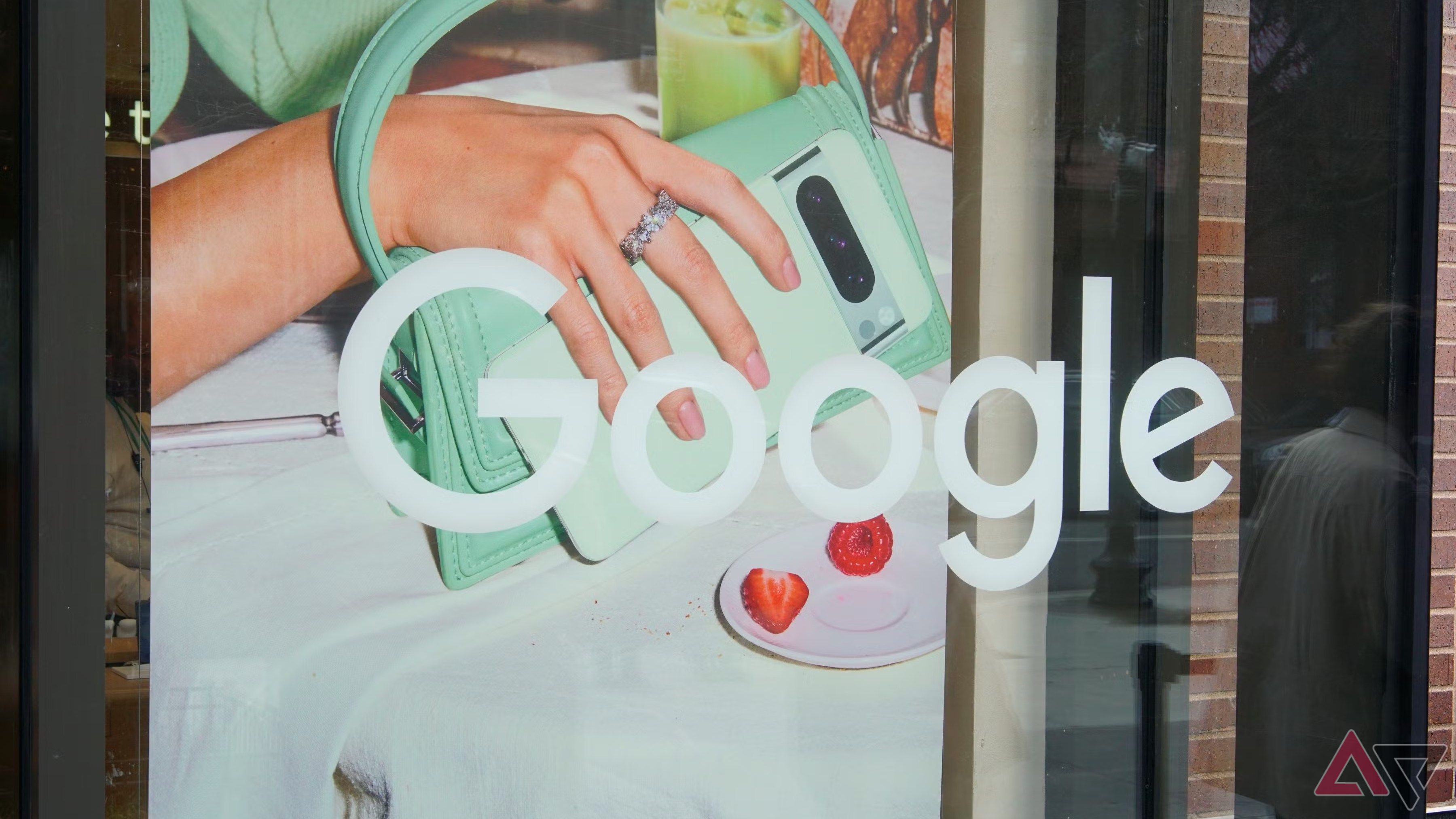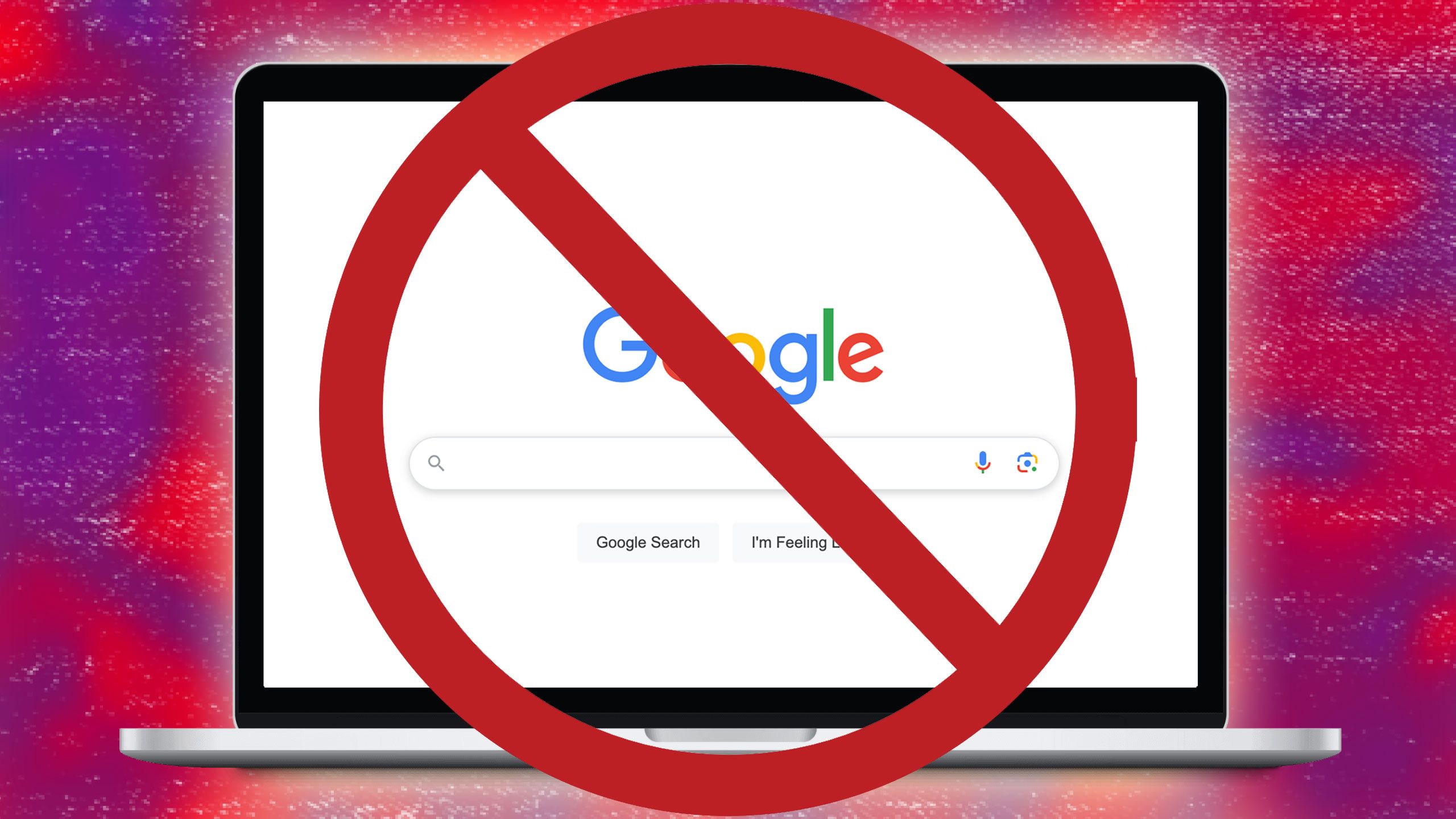It’s in the air, right? This sensation that plenty of the apps products you once trusted to work simply don’t anymore. Maybe it’s your Nest Hub Max, seemingly incapable of answering all but the most basic of queries as Google preps for a Gemini-powered future. Maybe it’s your various social networks — the Instagrams, Facebooks, and Twitters of the world — that once filled your feed with posts from friends and loved ones, only to be replaced by “recommendations,” ads, and AI-generated slop.
It’s hard to say that feeling hasn’t come for Google’s core product. Pieces about the downfall of search are all over the internet — hell, you’re reading one right now — but how serious are these thoughts? Are they enough to drive someone to switch to a new platform? Well, I’m here to tell you right now: yes. Google Search has gotten so frustratingly awful, so filled with inaccurate information and incorrect results, I’m just not sure I can trust the platform to be my default search platform for much longer.
We start with a month’s worth of problems
But that’s not really the start, is it?
Over the past month, I’ve been faced with more than a dozen memorable search flops brought to me by Google. It started out in February, when the Buffalo Sabres — my hometown team and, unfortunately, one of the worst performing in all of the NHL — had taken a 3-2 lead after two scoreless periods against the similarly-struggling Anaheim Ducks. I rushed to Google for an update, only to find… nothing. Google knew the game was happening, but it wouldn’t show the live score. Even searching “Sabres score” just pulled up standings.
Reluctantly, I turned to, of all places, Bing, which immediately showed 3:12 left in the third. After the game ended, Google still lagged, showing an outdated score with inconsistent timestamps. Other NHL games being played against, frankly, better teams, faced the same issue. Eventually, Google did display the final 3-2 score. But I’m guessing anyone else who tried to check up on their favorite hockey team last night probably raised an eyebrow and headed to ESPN. Presumably, they’ve already forgotten Google ever messed this up, returning to everyone’s default search engine like nothing ever happened.
Not me, though.
Since this day, my Google search experience has continually gotten worse. It affected things as simple as song details, displaying the wrong release year for The Modern Lovers’ hit “Roadrunner” — 1995, seven years after the band dissolved — and failing to deliver any results about the song “Anemone” by The Brian Jonestown Massacre. In fact, Google returned various nonsense Reddit threads and a Wikipedia link to a band named after that song, but nothing actually about the band it originated from.
That Reddit thread has the right date… Just sayin’.
Reddit threads were once a bastion of Google’s incessant meddling with search, but these days, they’re practically all you’ll find in your search results. Sure, those can solve your problem, but more often than not, I’m finding years-old threads with dozens of deleted comments or outright outdated information that simply doesn’t apply to me. In March alone, this happened to me on everything ranging from why my laptop stopped allowing me to close its lid without entering sleep mode to trying to figure out some of iOS’s more frustrating quirks during my iPhone 16e review period.
And none of this accounts for the SEO-ridden spam and AI poisoning (which, as 404 Media reported on last year, has also affected places one-time bastions like Reddit) that has caused searching for everything from product recommendations to reviews to simple troubleshooting steps to move into user-created forums in the first place. At the end of the day, pairing years of bad results with an influx of obvious mistakes has left me feeling like this situation is simply no longer tenable.
Google absorbed my life from an early age
And now that company’s direction feels radically different
Talking with other journalists, it’s entirely possible this is some massive bug in Google’s Knowledge Graph, affecting all sorts of searches from live queries like sports scores to more encyclopedic knowledge, like the year a song came out. It’s equally possible I’ve just lucked (or un-lucked?) my way into a bad string of searches, and Google’s repeated failings simply stick out as a random — albeit ugly — pattern. Everything I wrote above is quite literally anecdotal, right?
Sure, maybe. But ask yourself this: Has the Google experience you’ve had over the past five years or so been as good as you remember it being a decade ago? Has the ongoing pivot to AI delivered helpful results at the top of the page? Has Google’s decision to lean into user-generated threads from Reddit — a decision made purely because regular people were amending their queries to include “reddit” in the hopes of finding better solutions than what Google was capable of — helped you find the answers to your problems?
Or, to sum it all up in one simple question, has Google earned the benefit of the doubt when it’s delivering bad results? Frankly, I no longer think so.
My job requires me to spend the vast part of my day online — so online, in fact, that I’ve been actively trying to disconnect at night just to restore a little sanity to my life. But even before I started working at Android Police, most of my life online has revolved around Google or its products. I’m 29, which makes me the perfect age to have grown up in a rapidly shifting world. Google’s search engine was a key part of my education in middle and high school. Google Drive still holds pages upon pages of notes from college, now untouched for a decade or more. My Photos collection dates back to junior year of high school, not long after I got my first Android phone. I effectively ceded control of my digital life to Google before I could drive.
It’s been a rapidly changing company over the past five years, though. Gemini now infects practically every application I use; from Gmail to Docs, there’s always a little sparkle icon waiting in the wings. AI Overviews have, at best, scraped data from various sources to give me a “faster” answer, and at worst, told me to eat glue-covered pizza and stolen, quite literally, from my own work. Apps like Photos have become more tedious thanks to AI integration; its AI search is slower and less exact than classic search, while its new results page hid my engagement photo behind an image of a receipt. And now, Google’s own search engine is routinely delivering me wrong or incorrect data, and I only know that because I know to look for what’s wrong.
Not only does that leave me struggling to think of a reason to ever trust Google again — who knows what incorrect information I’m not recognizing — but it’s also making it clear that, for the amount of time I spend online, switching search engines might be on the verge of becoming an essential step. That’s both for my own sanity and my effectiveness at being able to find information online, which can be pretty important when you’re looking up, say, Pixel 8a prices around the globe. (And yes, by the way, finding this information was practically impossible; I had to go to each individual store page for the UK, Canada, France, and so on to verify).
Whatever Google wants Search to be, I’m not sure I’m on board
And users are slowly starting to sour, too
Look, this isn’t just a me thing. Last year, during Google I/O, I sat in the Shoreline Amphitheater and scoffed when Sundar Pichai claimed AI Overviews — and changes to Search in general — had left people more satisfied with their platform than ever. Practically every sign points to the very opposite. While some polls, such as this report from Statistica, point to a fairly even trendline of search satisfaction over the past two decades, other reports, like this one from WalletHub, show some pretty disappointing numbers. Only 41 percent of the top ten search results fulfill the intended query, according to that survey, which seems pretty bad on its face.
If you’re looking for a good place to dig into the behind-the-scenes changes at Google that likely affected their core product. Ed Zitron’s fantastic pair of columns from last April is a good place to start. Zitron did a fantastic job summarizing the dispatching of prior Search lead Ben Gomes in lieu of Prabhakar Raghavan. Raghavan, who has since left his post as Senior Vice President of Search to become a “Chief Technologist” at Google — Zitron’s follow-up essay from last October on this is also worth reading — built his career in search engines at Yahoo before running Google’s Ads and Commerce team from 2018 to 2020. I wouldn’t dare repeat everything Zitron wrote a year ago here, but I personally found both articles to be damning indictments of the company’s search priorities, and launching AI Overviews for every US-based user a month later certainly doubled down on that agenda.
When you add everything together, it’s clear the public sentiment towards Google Search has changed.
Meanwhile, younger users — the very type Google should be chasing, in order to ensure their continued dominance in this space — are abandoning traditional search engines for TikTok, YouTube (which, obviously, is another Google-owned product), and ChatGPT. None of this is happening in a bubble. People aren’t leaving the Kleenex-of-search-engines behind because they’re bored. They’re leaving because Google isn’t providing a reliable experience. Apps like TikTok and ChatGPT, which have their own accuracy problems to worry about, simply provide an easy exit route for anyone disappointed in our newfound status quo.
Despite Google’s seemingly unending popularity, it’s clear that there is some sort of shift coming in how people look for information online. Last year, for the first time in ten years, its market share dropped below 90 percent from October to December, creating an ominous — albeit certainly not end-of-days-worthy — trend line. While it’s easy to blame this movement on an endless supply of shiny new toys and a swath of Gen Z and Alpha users raised in a world dominated by apps, not websites, when you add everything together, it’s clear the public sentiment towards Google Search has changed for a non-insignificant portion of its user base.
Where do I go from here?
Your guess is as good as mine?
Let’s be blunt. There is no easy alternative to Google. The company’s product throughout the 2000s was good enough to drive practically every competitor out of existence. Sure, Bing continues to… persist, I guess, thanks to Microsoft’s infinite money pool, and more niche competitors like DuckDuckGo and Kagi’s paid service have certainly won over a devoted group of fans. But for as frustrated as I am in Google, it’s difficult to think of where to go next. One way or another, I think it’s obviously time for me to put my money where my mouth is — potentially literally, in the case of Kagi.
Regardless of the cause of the issue — bugs, inaccurate sourcing, you name it — reflecting on this entire experience has led me to one obvious takeaway. At the end of the day, whether or not Google’s search engine is entirely broken doesn’t really matter. What is broken is my trust and my faith in its results. And no amount of “helpful” AI toolsets can bring that back overnight.
Related
Google Search is not what it used to be: Here are my 5 favorite alternatives
Try these search engines instead








